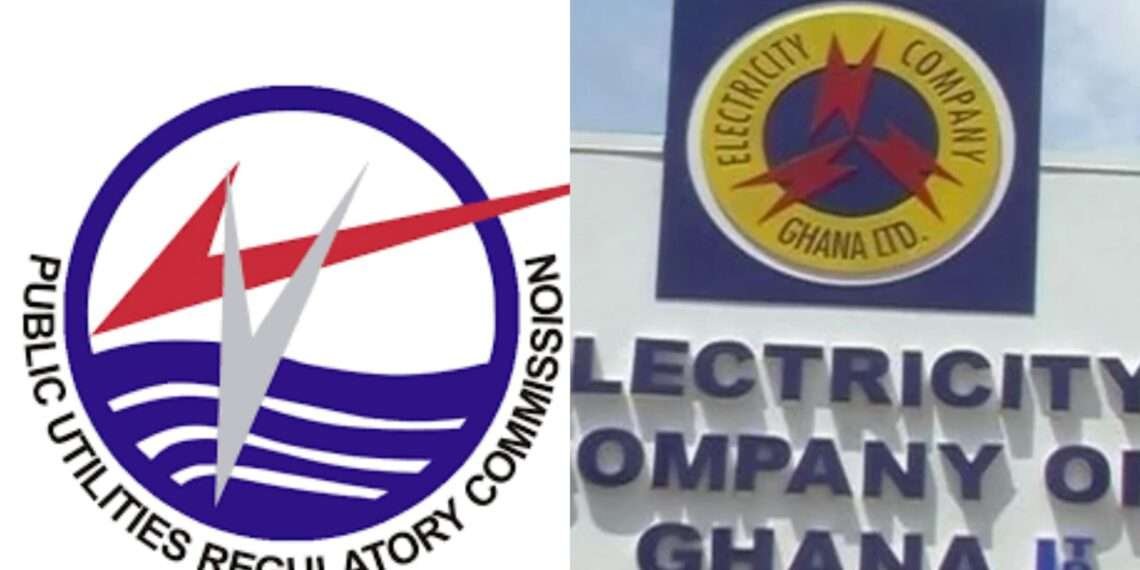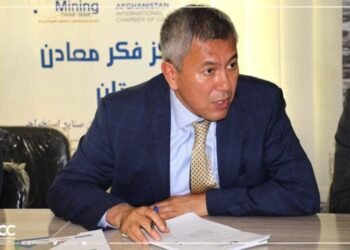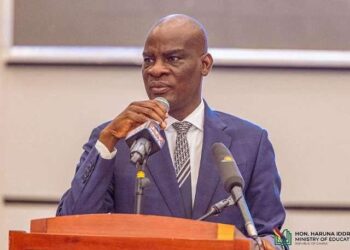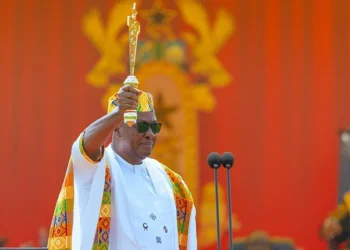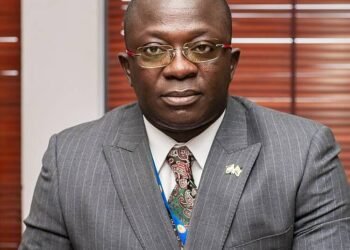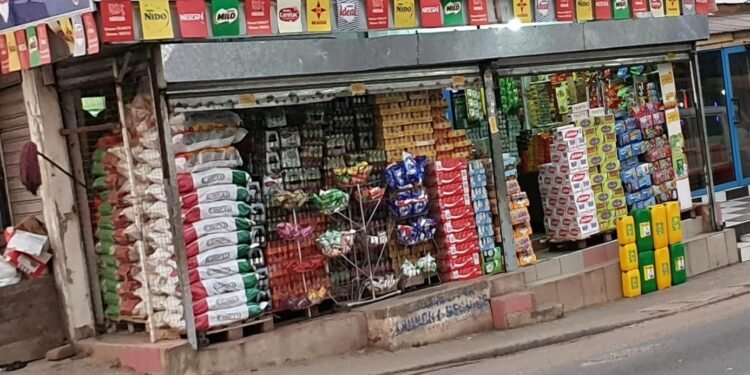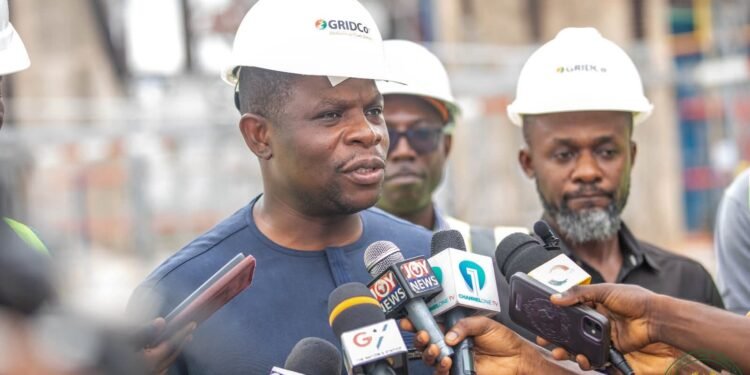Recently, the Public Utilities Regulatory Commission (PURC) has ordered the Electricity Company of Ghana (ECG) to submit a comprehensive report of its operations about tariff revenue allocation, regulatory audit data, and operational matters.
Accordingly, the Executive Director of the Africa Center for Energy Policy (ACEP), Mr. Benjamin Boakye indicated that the request by the PURC is a bit too late. At the same time, he accused the PURC of allowing the ECG to abuse consumers.
He indicated that the primary function of the PURC is to protect the consumer from the abuse of utility providers and also the commercial interest of the businesses of utility providers.
He asserted that the PURC must approve tariffs that ensure that power distributors do not undermine the generator because power transmission will be halted without generation.
“Most importantly the consumer’s interest is protected as regulation ensures that the consumer is not abused. So to see this directive even though they [PURC] could have done more, I think it’s in the right direction for us to track the delivery of actions in that report”.
Mr. Benjamin Boakye
Furthermore, the Executive Director of ACEP indicated that the ECG, over the years, has recorded a widening under recovery making it unable to settle power generators and therefore making it the responsibility of the country to intervene and pay these bills now and again.
He indicated that the PURC’s aim of having access to more data on the ECG so that it can be more conclusive on what the revenue outlook of the ECG is to enable it to decide its tariff for the ECG quota based on the revenue the company is making.
“It’s possible that what we call inefficiency is just accountability. It could just be somebody deciding not to account for the money that is coming in” Mr. Boakye said.
Moreover, Mr. Boakye noted how important it is for the PURC to get a comprehensive analysis of the ECG’s accounts done, indicating the action will save the country a lot financially and ensure the stability of the power sector and Ghana’s economy.
ECG Underperforming
Furthermore, Mr. Benjamin Boakye indicated that the ECG is meeting less than 50% of its revenue requirement which is an indication that something is wrong with how the company conducts its business.
He argued that the PURC must find solutions to the issues of revenue generation of the ECG indicating that the inability of the company to generate the needed revenue puts a financial burden on the public as Ghanaians make up for these deficits through the taxes they pay to the state.
“If you look at the ESRP report between 2019 and 2023, we have paid over US$ 5.7 billion from the state, and from us through ESLA and other levies. We keep paying and there’s no end in sight. We knew that these things were happening and PURC didn’t go into it in a timely fashion to curtail it. They restricted themselves to just issuing tariffs whilst the sector degenerated”.
Mr. Benjamin Boakye
Mr. Boakye further indicated that the ECG failed to comply with the dictates of the PURC concerning payments to generators. He argued that the mandate of the ECG is to pay every IPP through a single account, a formula beneficial to all entities involved.
He stressed that the ECG does not have the discretion to decide who gets paid and what they get paid, indicating that the formula provided by the PURC determines that.
Alhaji Jabaru Abukar, Director of Regional Operations and Consumer Service of the PURC also indicated that the commission is committed to ensuring transparency in the conduct of its operations, stating that the commission makes available information on its operation on its website for the public to access.
He stated that contrary to the opinion of Mr. Boakye, the PURC has been proactive in its approach to ensure that all problems in the utility sector are resolved within quickly. He noted that the PURC’s decision to have the ECG audited was to bring sanity to the payment process of all entities involved in the power production and distribution chain.
Conclusively the ECG will have to comply with the Cash Water Fall payment mechanism to ensure transparency in its financial operations to close the gap between payments to power transmission and generation entities.
READ ALSO: KiDi Gives His Opinion On The Pressure On Celebrities

